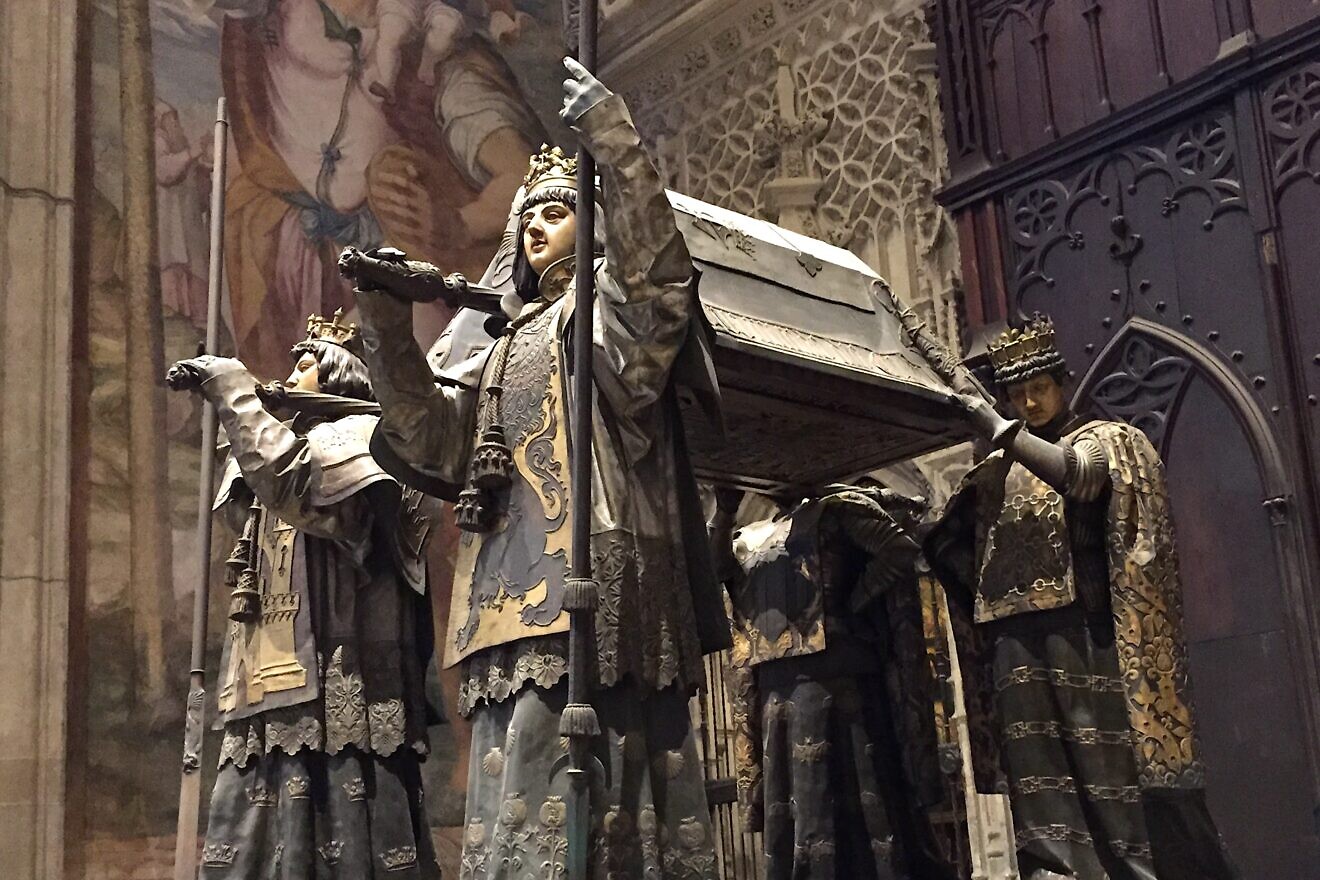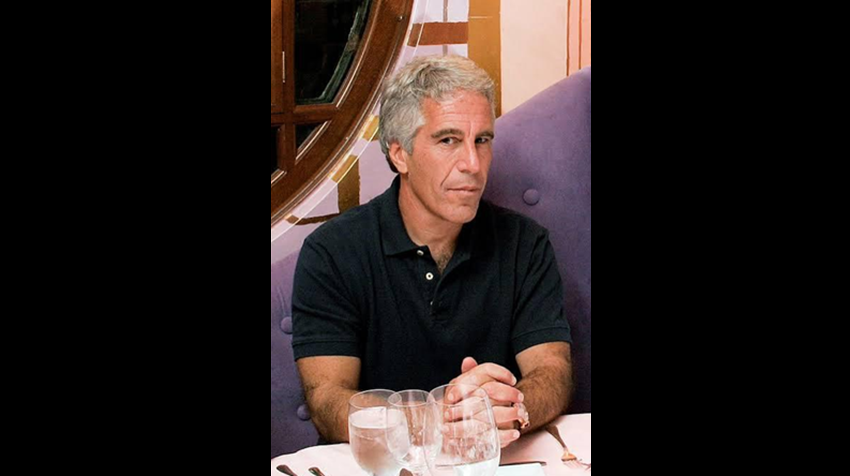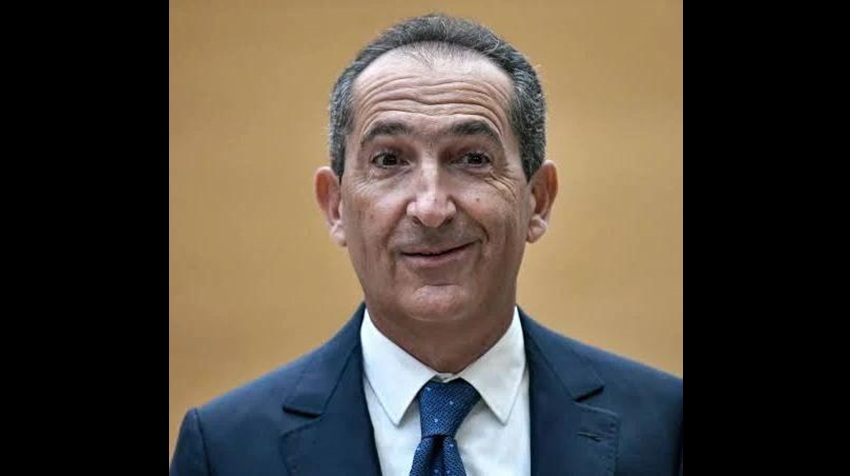The Christopher Columbus tomb in Seville cathedral in Spain. Photo by Menachem Wecker.
By Menachem Wecker
For many years, guides leading visitors on tours of Jewish history in Spain have shared rumors that Christopher Columbus was Jewish. A new documentary that garnered worldwide press coverage ahead of Columbus Day on Monday states that DNA evidence proves that the explorer was a member of the tribe, but experts told JNS that such a claim should be taken with a grain of salt.
The national Spanish broadcaster TVE aired “Columbus DNA: The true origin” on Saturday, Reuters reported. “Researchers conducted a 22-year investigation, led by forensic expert Miguel Lorente, by testing tiny samples of remains buried in Seville Cathedral, long marked by authorities there as the last resting place of Columbus, though there had been rival claims,” the wire reported.
“We have DNA from Christopher Columbus, very partial, but sufficient. We have DNA from Hernando Colón, his son,” Lorente said in the documentary, per Reuters. “And both in the Y chromosome (male) and in the mitochondrial DNA (transmitted by the mother) of Hernando there are traits compatible with Jewish origin.”
The wire titled its article “Columbus was a Sephardic Jew from Western Europe, study finds.” Headlines in New York Post (“Christopher Columbus was a Sephardic Jew from Western Europe, study finds”), BBC (“Columbus probably Spanish and Jewish, study says”) and Fox News (“Columbus remains, verified after 500 years, show he was Jewish: documentary”) hedged similarly, while a Guardian headline stated that Columbus “may” have been Jewish and the Telegraph that “Christopher Columbus was secretly Jewish.”
“The recent DNA evidence regarding Columbus is very interesting and helps to illuminate his biography and the era in which he lived. I would offer one caveat, though: While it indicates that Columbus had Jewish heritage, it does not indicate that Columbus was a professing, Jew,” said Jonathan Ray, professor of Jewish studies at Georgetown University.
According to Ray, who is the author of the 2023 book Jewish Life in Medieval Spain: A New History, there is no proof that Columbus (1451-1506) lived a Jewish life, “nor even as a crypto-Jew,” and the historical record indicates he was Catholic.
“Rather, it would seem to indicate that he was a converso, or New Christian as they are often called—that is, a descendant of Iberian Jews who had converted to Christianity under duress during the century leading up to Spain’s expulsion of the Jews in 1492,” Ray told JNS. “Some of these conversos remained steadfast to Judaism, albeit in secret, leaving Spain and Portugal to return to Judaism in other lands.”
Some conversos stayed in the Iberian peninsula and “although they met stiff resistance from many of their ‘old Christian’ neighbors, fully embraced Christianity and eventually integrated into Iberian society,” Ray added. “We already know of Jewish converts, who became important bishops in late-medieval Spain. Now, it seems, we also know of a major explorer who also had Jewish roots.”
Several experts told JNS that the public should regard the claim in the documentary skeptically.
“This is a story that never dies,” Ronnie Perelis, associate professor of Sephardic studies at the Bernard Revel Graduate School of Jewish Studies of Yeshiva University, told JNS.
“For over a century, if not since his own lifetime, people have been obsessed with Columbus’s origins. He is a fascinating, flawed and enigmatic figure,” added Perelis, the author of the 2016 book Blood and Faith: Family and Identity in the Early Modern Sephardic Atlantic.
“I encourage people to read his own writings to appreciate his complex identity—he was an autodidact, who took advantage of the explosion of knowledge after the birth of printing to create an eclectic theology that had many Judaic elements—but in a deeply Christian, mystical vein,” Perelis said. “Genetics doesn’t make someone Jewish.”
Ori Soltes, an author and former director of the B’nai B’rith Klutznick National Jewish Museum, told JNS that “the DNA issue that focuses on the so-called tomb of Columbus in Seville is fraught with political issues pertaining to national pride and with it, which country can claim Columbus as its own.”
Soltes, who also teaches at Georgetown, said that writer and researcher Peter Dickson, of Virginia, has shown in “meticulous studies” that “spurious DNA claims aside, Columbus was a child of his era and his bloodline mixed Spanish, Genoese and French strains—indeed, more than just these three—as well as intertwining Jewish and Christian strains.” (JNS sought comment from Dickson.)
That Columbus has both Jewish and Christian blood is unsurprising “given that he set sail from a country that had spent a century producing various sorts of conversos by the time of his first voyage,” Soltes said.
“Other aspects of his story, from the way he signed his letters to his son to his insistence that his ships sail before midnight of the day (Aug. 3) when the edict of expulsion was to go into effect also point to the interweave of religious and national identities that would have comprised him,” he added.
Matt Goldish, a history professor and chair of Jewish history at Ohio State University, told JNS that an “extensive older literature” has made the claim that Columbus was Jewish.
Among the reasons that claim has been made are “why did a Genoese mariner speak and write in Spanish?” and “why did Columbus leave some money to certain Jews or conversos?” Goldish said. Columbus also had an “odd signature,” he added. (Some have claimed that the explorer wrote the Hebrew letters bet and hay in the corner of his documents.)
“All of this was interesting but by no means conclusive. DNA evidence is much stronger, but it also has its problems,” Goldish told JNS. “DNA, for example, does not actually tell you that someone is or is not Jewish—it says that most Jews from a certain region seems to have common ancestors, and a given person shares to whatever extent in the DNA of those ancestors.”
The Ohio State professor said that the DNA evidence seems “pretty strong,” but cautioned that “Jewish ancestry does not mean Columbus was a Jew.”
“What it probably means is that he was a descendant of conversos (sometimes called marranos) who had converted in Spain or elsewhere in Western Europe during the 14th or 15th centuries,” he said.
Journalists who cover Jewish topics also approached the news cautiously. “The chatter around the ‘Columbus was Jewish’ report gets at the complications of Jewishness, nationality and the use of genes as proof of ‘identity,’” wrote Jonah Goldberg, editor-in-chief of The Dispatch.
“Columbus was obviously and explicitly a Christian. But he was also— apparently—of Sephardic Jewish descent,” Goldberg wrote. If Columbus was the latter, “what? He wasn’t Spanish? Or Italian? Or Christian? Lots of Spaniards have Moorish genes, are they not Spaniards? Italians are a melting pot of genetic lineages from all over the Mediterranean,” he added.
“It wasn’t until fairly recently that Italy was considered a single nation or had a single language. The fact that Columbus was of Jewish descent doesn’t necessarily answer many of the questions the researchers were trying to answer,” Goldberg wrote. “But it does raise some more interesting questions.”
Andrew Koss, a historian and senior editor at Mosaic magazine, wrote that “I highly doubt the study ‘proves’ anything.”
“I don’t see how they can be sure they have Columbus’s DNA,” he wrote. “And DNA can’t prove someone was Jewish, only show it’s more or less likely.”
Whether Columbus had any Jewish ancestry, the explorer wrote approvingly in his journals of the Catholic monarchs, Ferdinand II of Aragon and Isabella I of Castile, expelling Jews from their kingdom.
“I saw the Moorish king come out of the gates of the city and kiss the royal hands of your highnesses,” he wrote, “and your highnesses, as Catholic Christians … took thought to send me, Christopher Columbus, to the said parts of India, to see those princes and peoples and lands.”
The king and queen also dispatched him, he wrote, to observe “the manner which should be used to bring about their conversion to our holy faith, and ordained that I should not go by land to the eastward, by which way it was the custom to go, but by way of the west, by which down to this day we do not know certainly that anyone has passed.”
“Therefore, having driven out all the Jews from your realms and lordships in the same month of January, your highnesses commanded me that, with a sufficient fleet, I should go to the said parts of India, and for this accorded me great rewards and ennobled me so that from that time henceforth I might style myself ‘don’ and be high admiral of the ocean sea and viceroy and perpetual governor of the islands and continent which I should discover,” he added, “and that my eldest son should succeed to the same position, and so on from generation to generation forever.”
Source: JNS


































